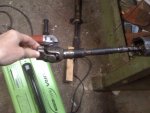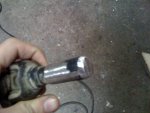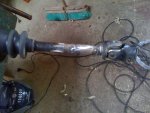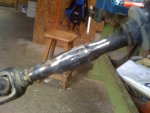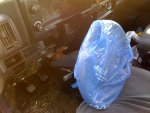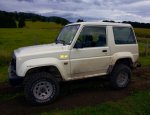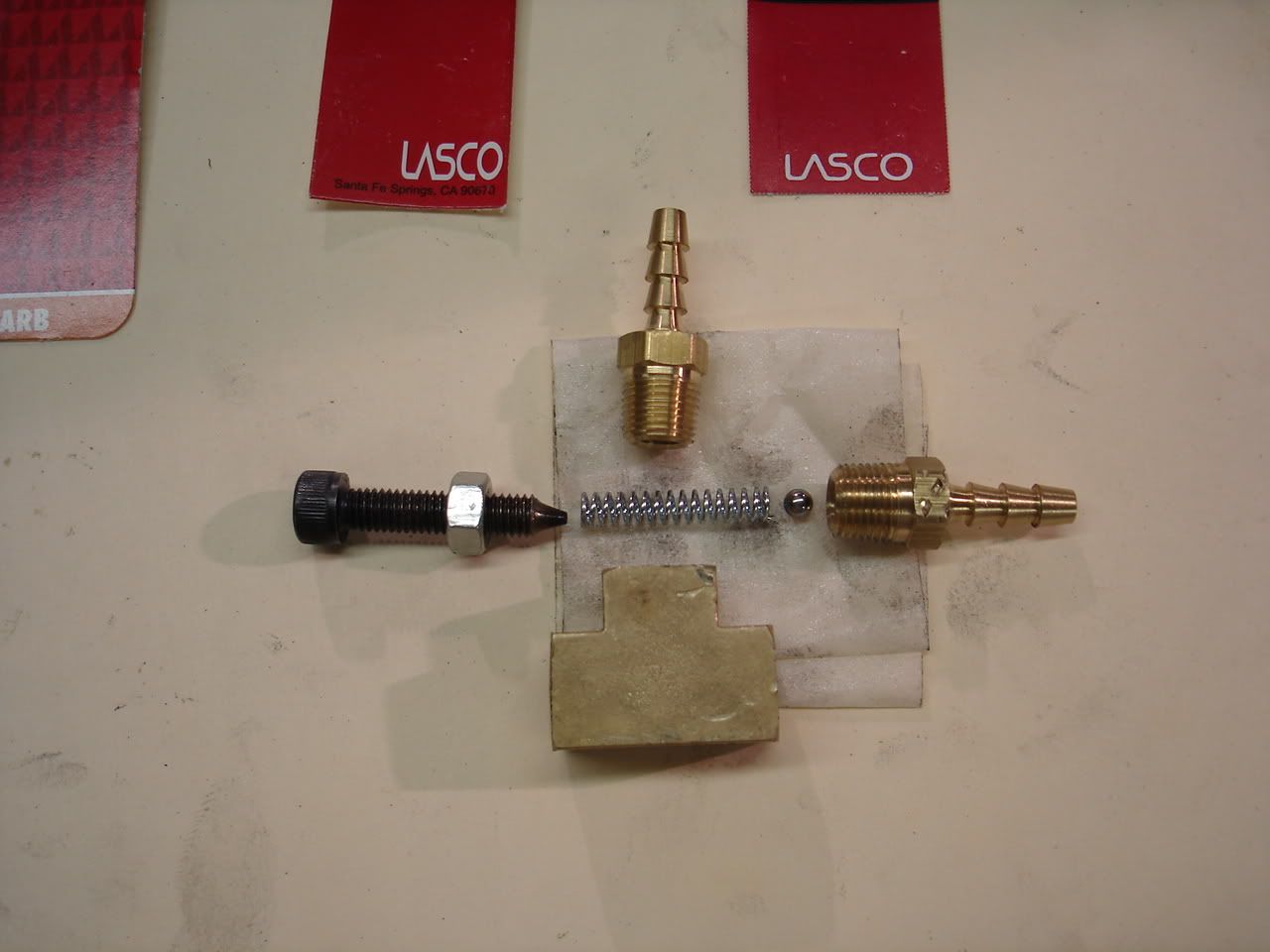EricMcGrew
Adventurer
I'm really enjoying your build so far. The practicality is really nice, everything you'll be using on an everyday basis. Also its always interesting to see someone trying to make things themselves as opposed to buying bolt on upgrades. I'm looking forward to more updates!
I live in Canada and we've been able to import 15 year old vehicle from Japan. In fact my father owns a RHD Trooper with that 3.1 TD. While it's a great engine in many respects, the fuel economy definitely suffers from the IDI fuel system. I would prefer the 2.8 DI myself.
Could you elaborate what you did with fuel pump and boost up? Boost controller and boost compensation adjustment on the pump? Are you measuring EGT? I have a Mitsubishi Pajero with the 2.8 TD an manual fuel pump and I've been waiting to install a better intercooler before tricking the waste gate signal and adding more fuel.
Thanks Tin! I'm glad you like my build. As I mentioned before, all this part of the build is from when I bought the rig a year ago, or just a little over. I've still got new things to do, but I'll get to that in due time. I also really like to fab/make my own stuff. I think it's more unique, and I have more constrol on the application. So, when possible, I really preffer to make my own stuff. Unfortunately though, here in the south of Chile, I have found very few people I trust to do most of the work. Therefore, I'm a bit obliged to do my own work.
That's so cool, that you guys have imported vehicles. My Trooper and my Daihatsu are both imports,and while it's cool to have something different, it is a challenge too.
As far as the fuel pump tweak goes, I have a mechanical pump. On the mechanical pumps there is a fuel by-pass/inlet screw with a 13 mm nut on it. You just have to loosen the nut, and tighten the screw in. At first I had the screw 3/4's or 1 full tighten, and I must have only been getting around 8kpl. I say that because when I went to do the technical inspection, the exhaust opacity was at 4.8, and the max allowed was at 2.8. So, I had a lot of power, but was wasting a lot of fuel. I know have the screw turned 1/4, and it's good enough. Not what it was, but it's not dumping so much fuel in the exhaust either. I'm actually not running a boost guage either. Reading on-line, I found that on the turbo that I have, which is mechanical boost adjustment, with 1.5 spins of the boost regulator, it should be around 3 extra pounds of boost. None of this for me has been real, super scientific. I have yet to find anyone here that has the equipment I desire to tune the truck the way I want too. So, I just keep working on it.

